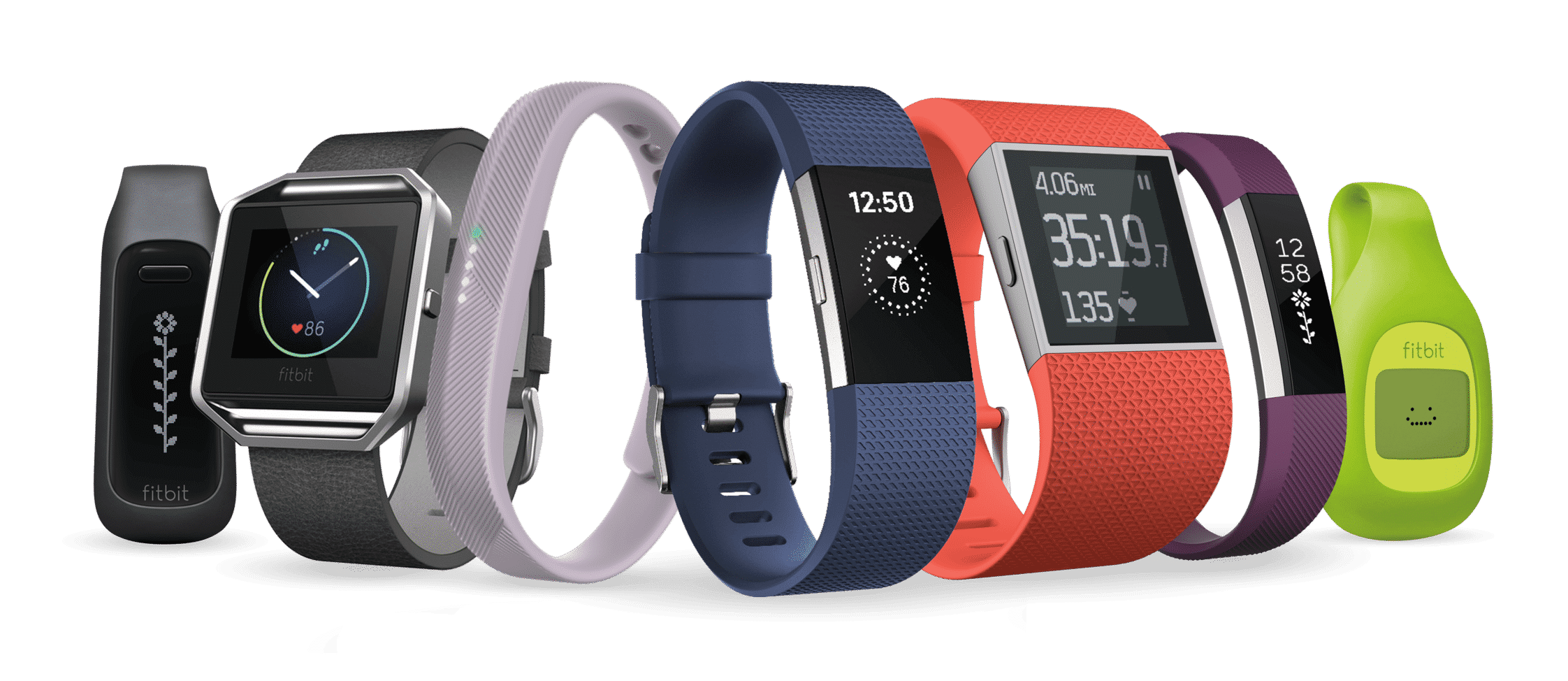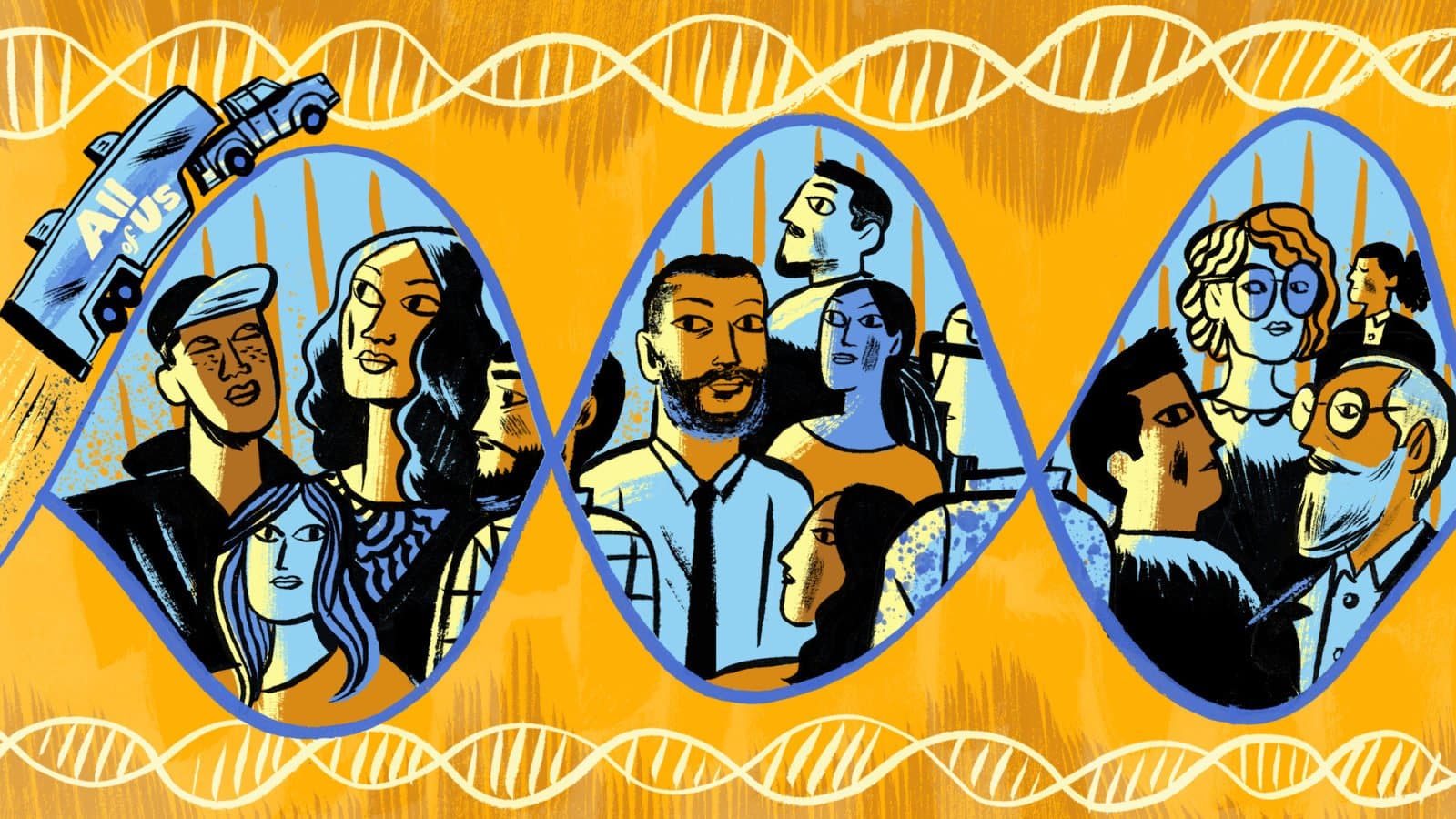NIH Handing Out 10,000 Fitbits to Gather Vital Health Data
Fitbit has been tussling with Apple and Xiaomi when it comes to market share in the wearables field and quarter to quarter, each has held the top spot at one point or another over the past year. But turns out, Fitbit is the favorite wearable producer in the medical research world.
Fitbit has now been selected as the first wearable for use in the national All of Us Research Program established by the White House in 2015.
The program is aiming to get 1 million Americans to eventually enroll in the program and has just reportedly purchased 10,000 Fitbit devices for participants to use.
All of Us was initially started by President Obama in 2015 under the name Precision Medicine Initiative 
Last year, the National Institutes of Health (NIH) changed the initiative’s name to the warmer, fuzzier, All of Us, and opened enrollment in hopes of achieving its goal of gaining anonymous health information from one million Americans.
Participants will get to choose from two of Fitbit’s most popular devices, the Charge 2 and Alta HR. “Lifestyle information is critical to this — sleep, heart rate information, physical activity, those are all essential elements,” Fitbit Health Solutions General Manager Adam Pellegrini told TechCrunch ahead of the announcement. “We will be able to give a real sample of energy levels, how people are sleeping, their walking — those type of things. We’re getting that information as people live their normal lives.”
The Scripps Translational Science Institute (STSI) runs part of the All of Us project and it selected Fitbit products for the program after reviewing the wearables market and, importantly, the biomedical research field. “The Fitbit devices selected track a combination of physical activity, sleep, and heart rate parameters,” Eric Topol, Founder and Director of STSI, said in a statement. “The popularity of Fitbit devices among millions of Americans, combined with their ease of use, including multi-day battery life and broad compatibility with smartphones, made Fitbit a natural choice for this pilot program.”
“Most of what researchers know is based on intermittent snapshots of health in an artificial setting or based on personal recall,” Steven Steinhubl, a cardiologist and director of digital medicine at STSI, said in a statement. “Through this research program, we’ll have access to comprehensive activity, heart rate and sleep data that may help us better understand the relationship between lifestyle behaviors and health outcomes and what that means for patients on an individualized basis.”
The everyday aspect is a key to the study — figuring out the ways in which health is impacted outside of a clinical setting. In its current iteration, the study will run about a year with these devices, and that information will inform how wearables will be used in the program moving forward.























